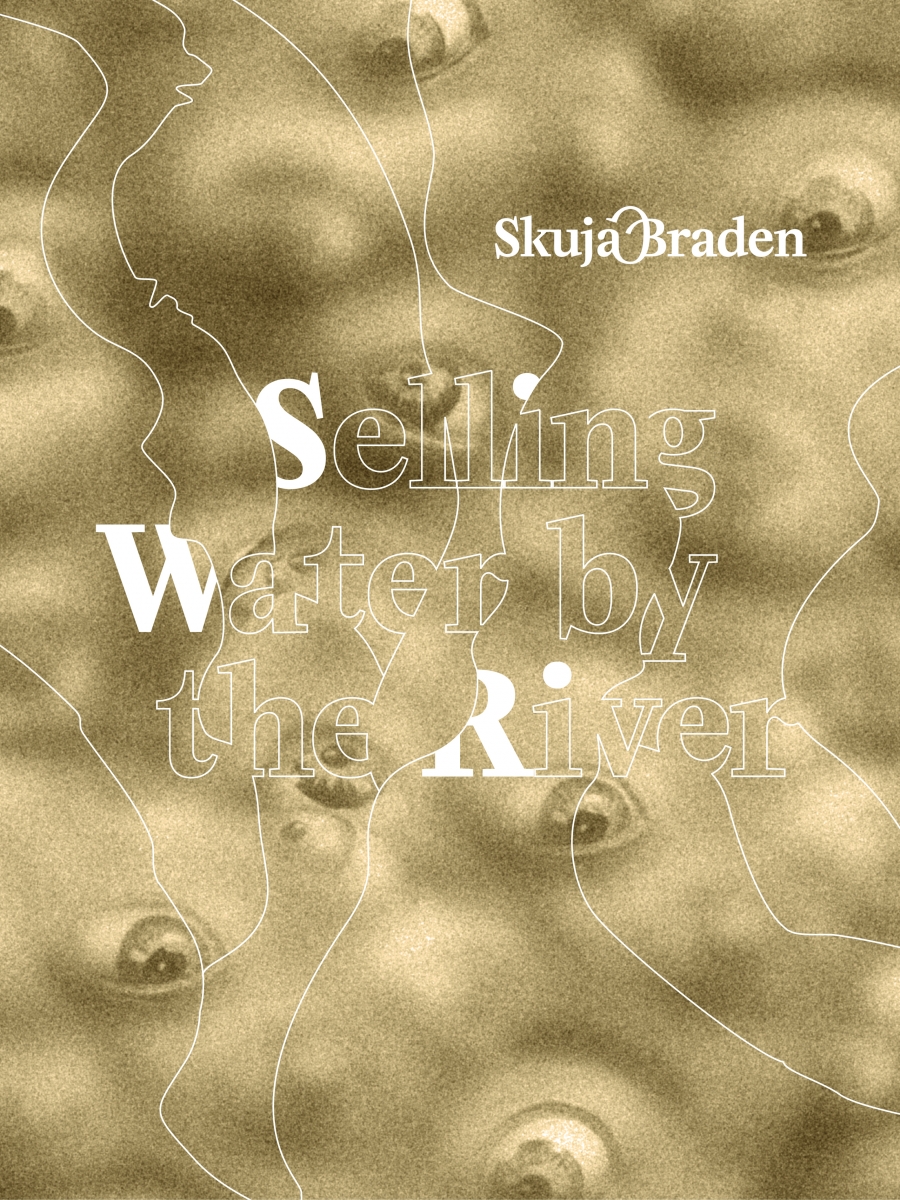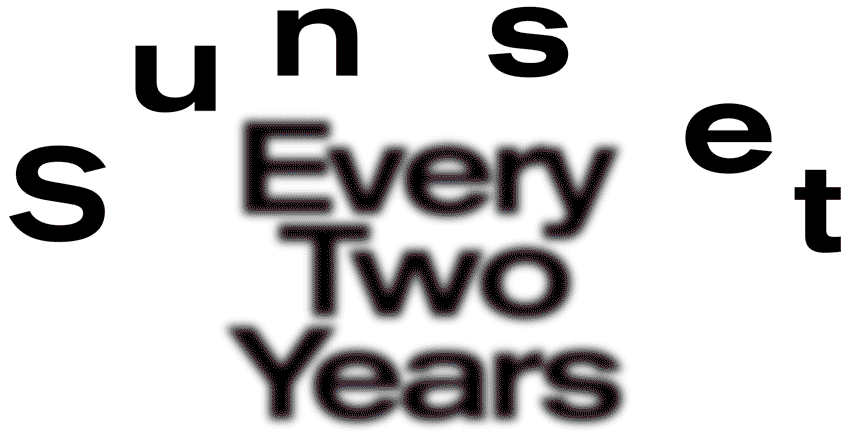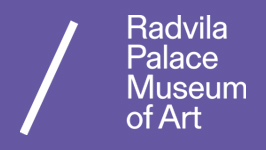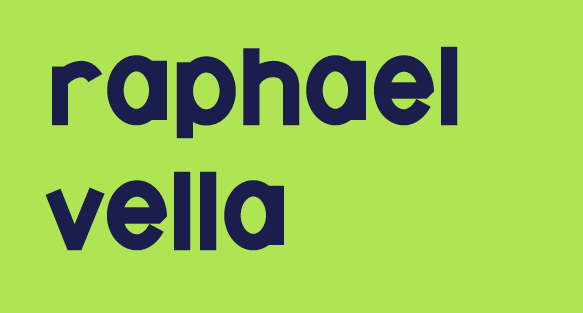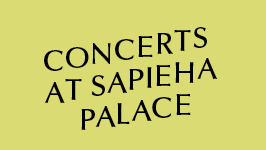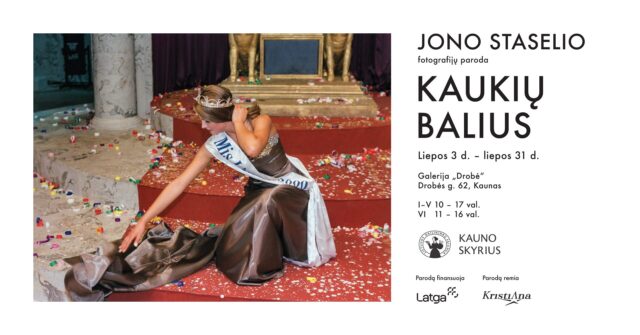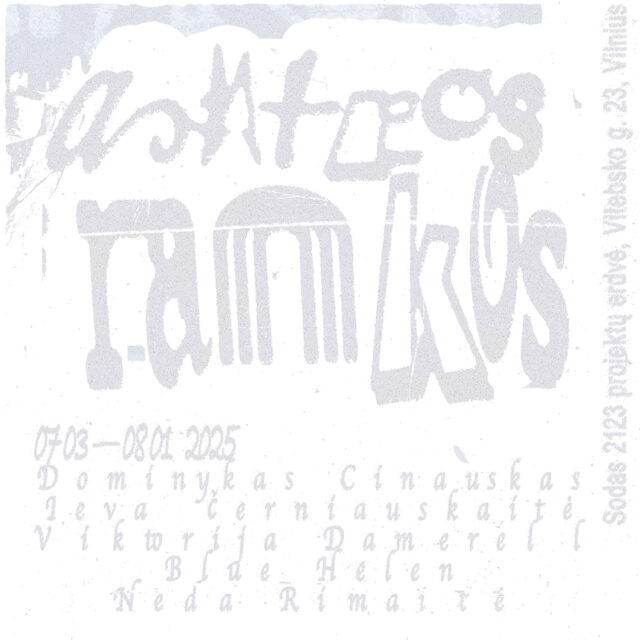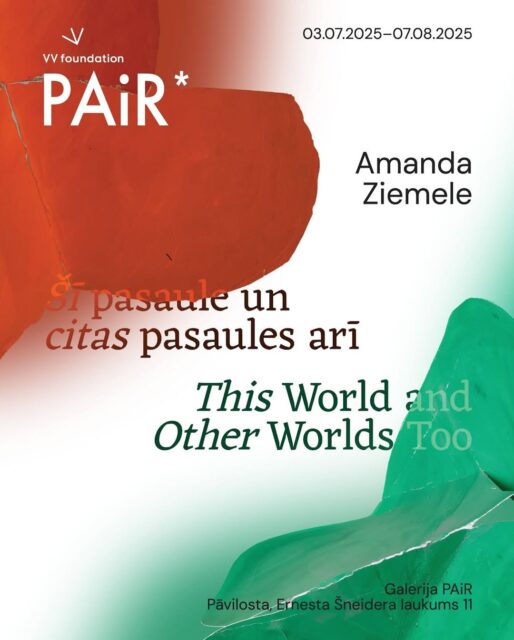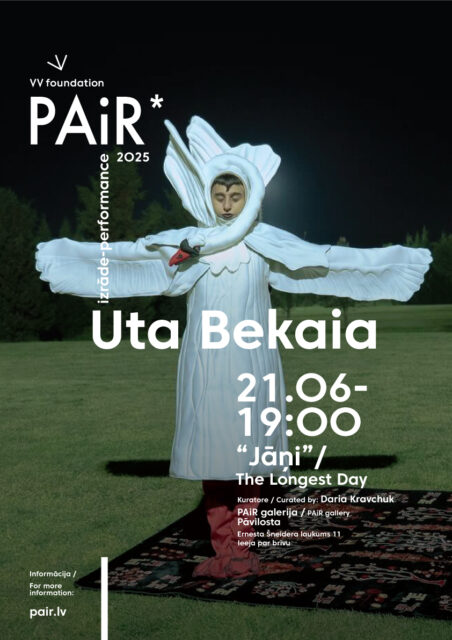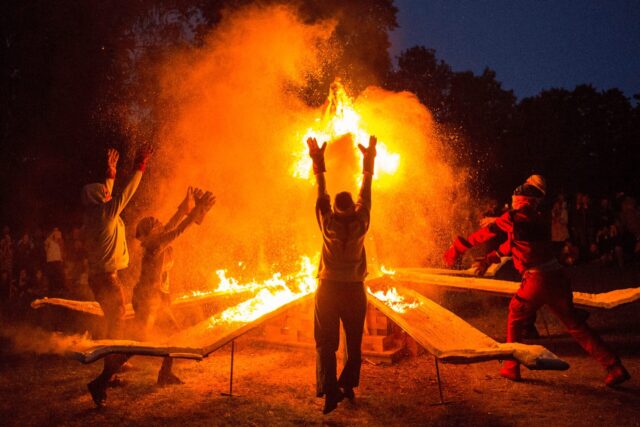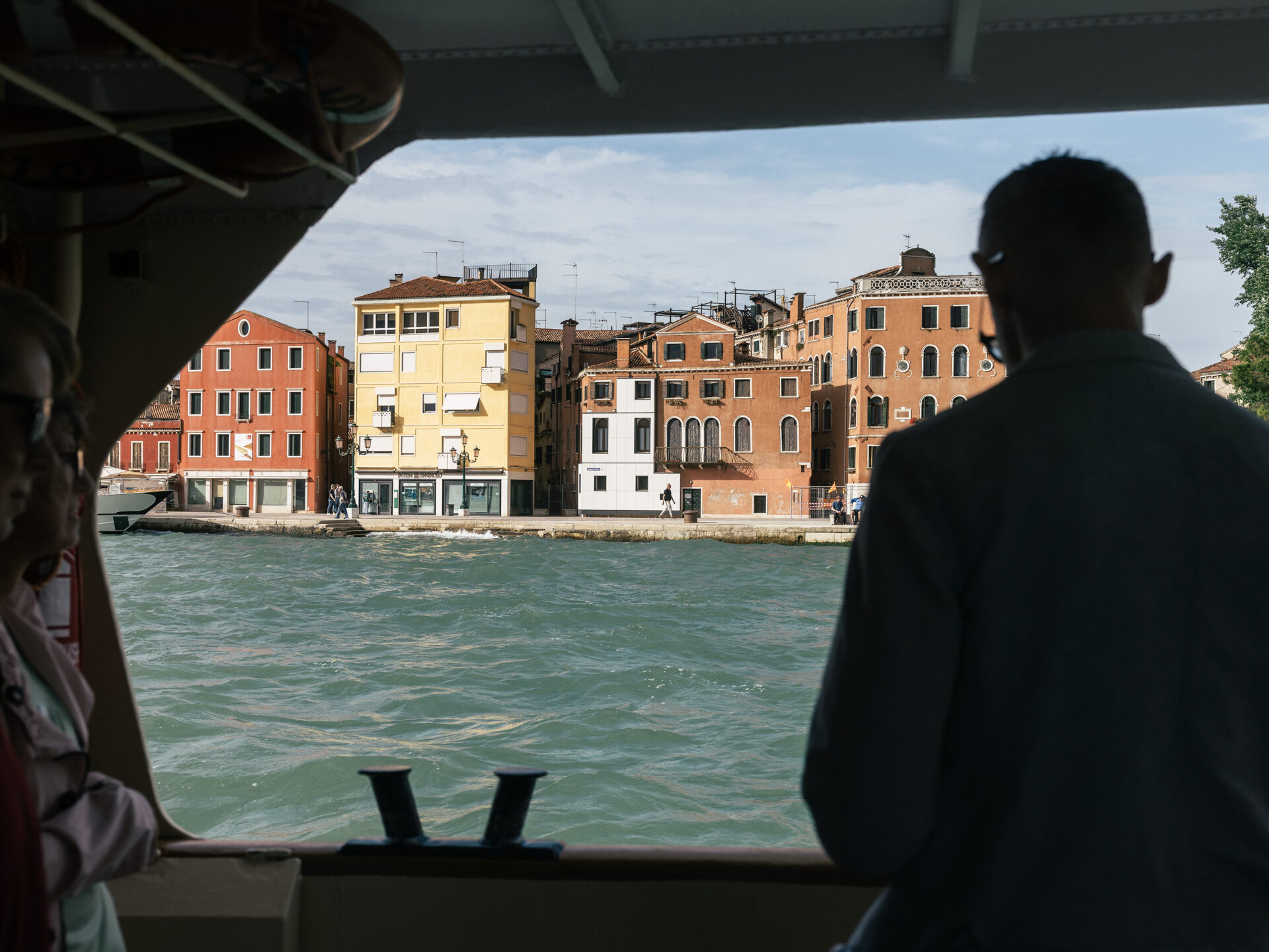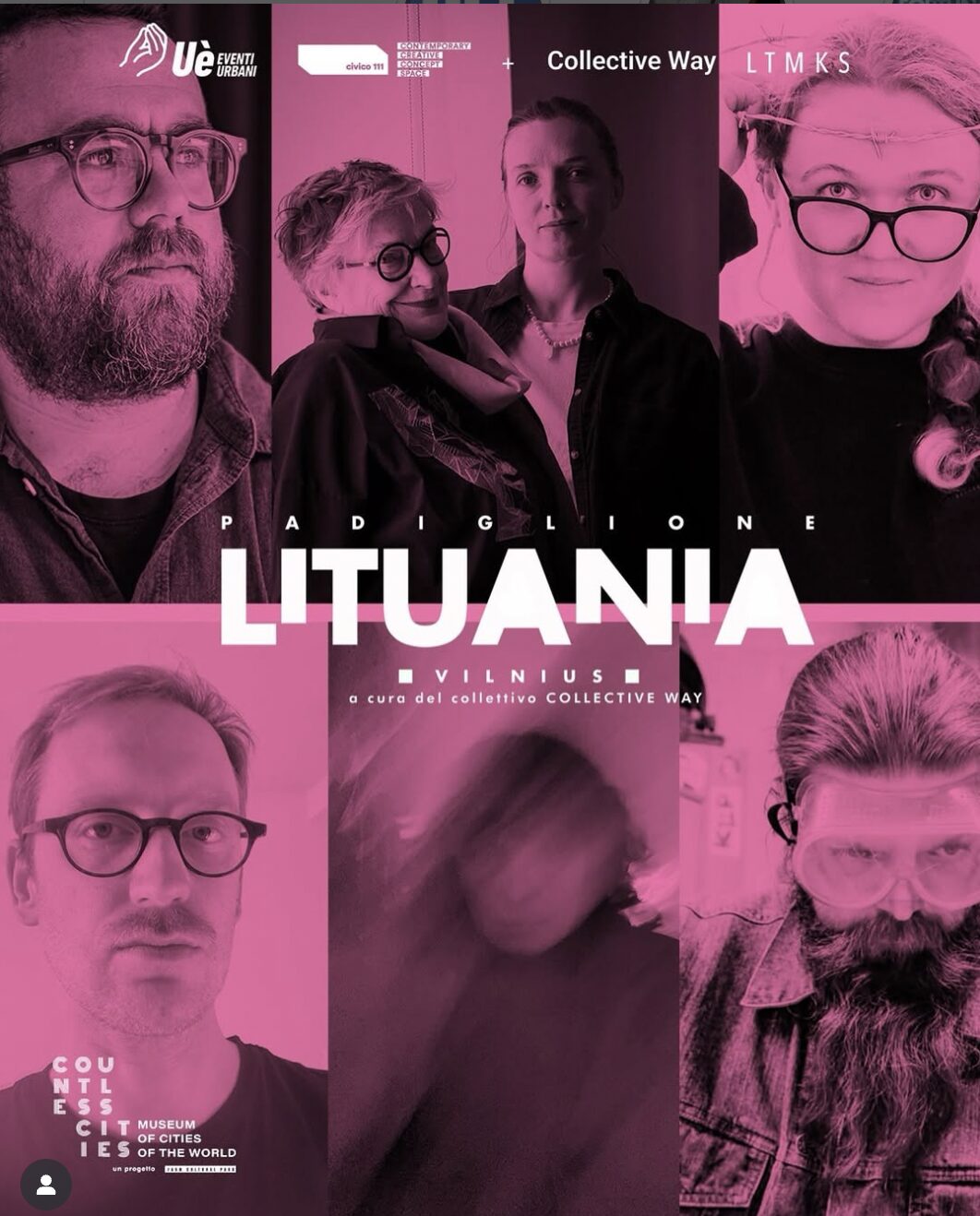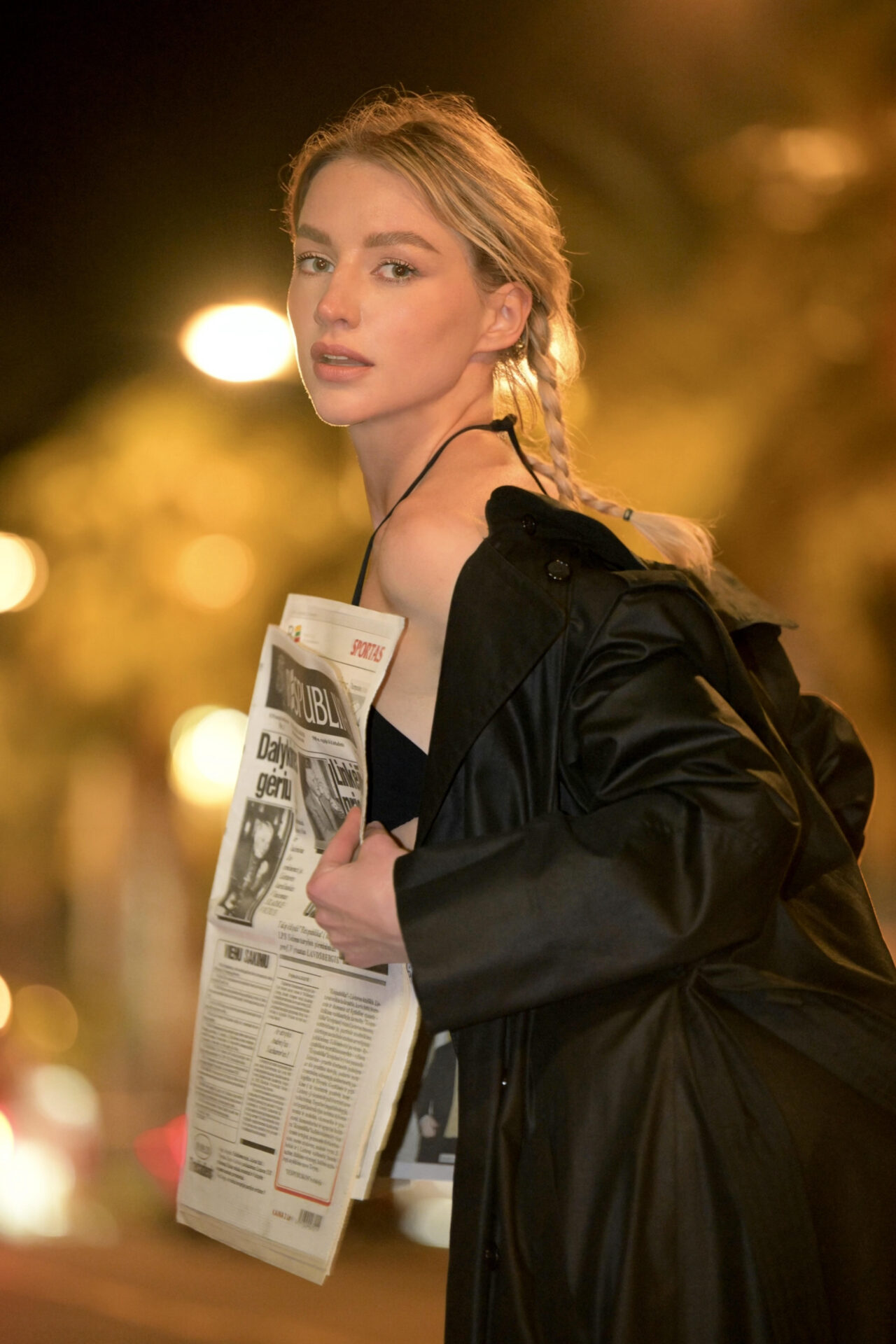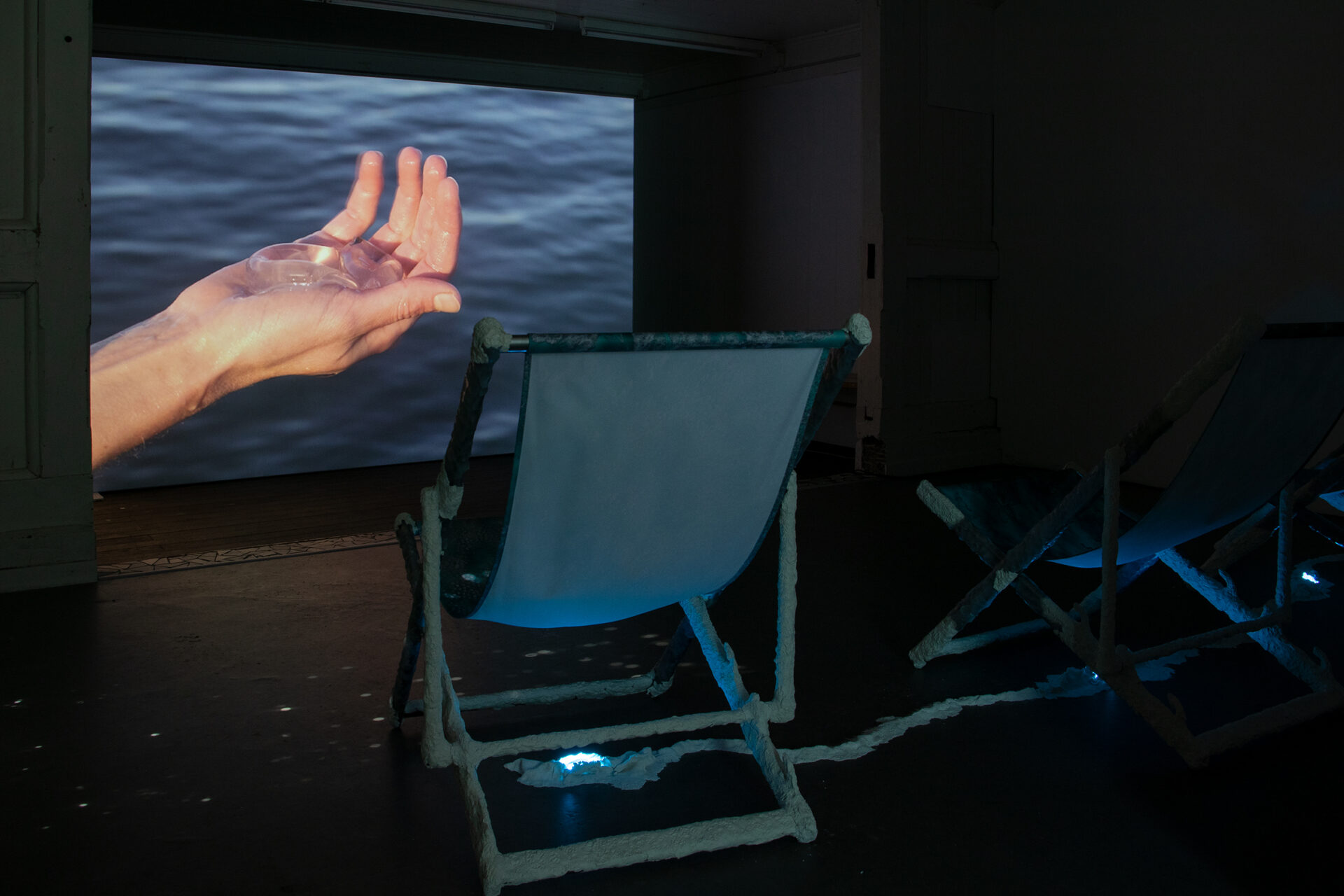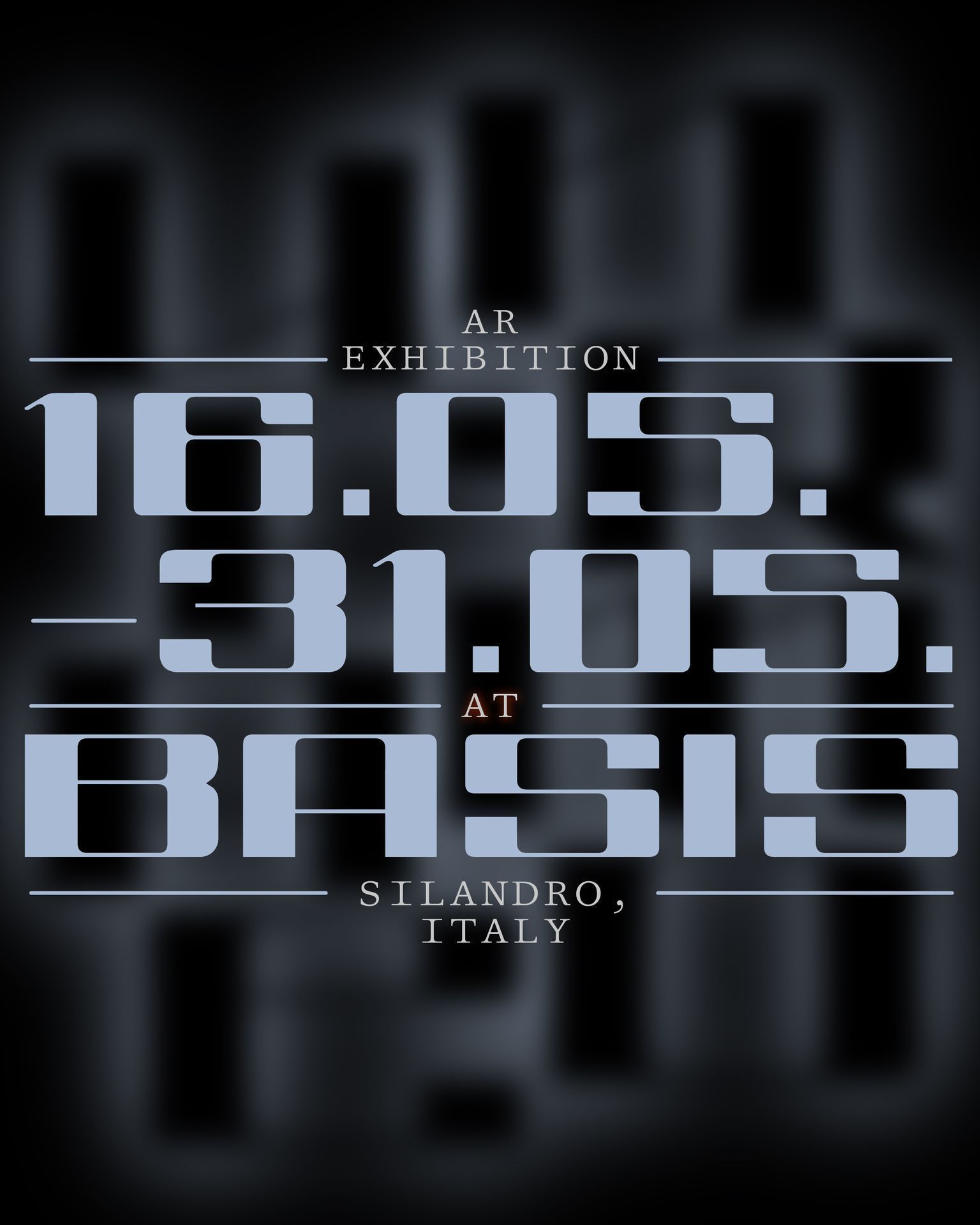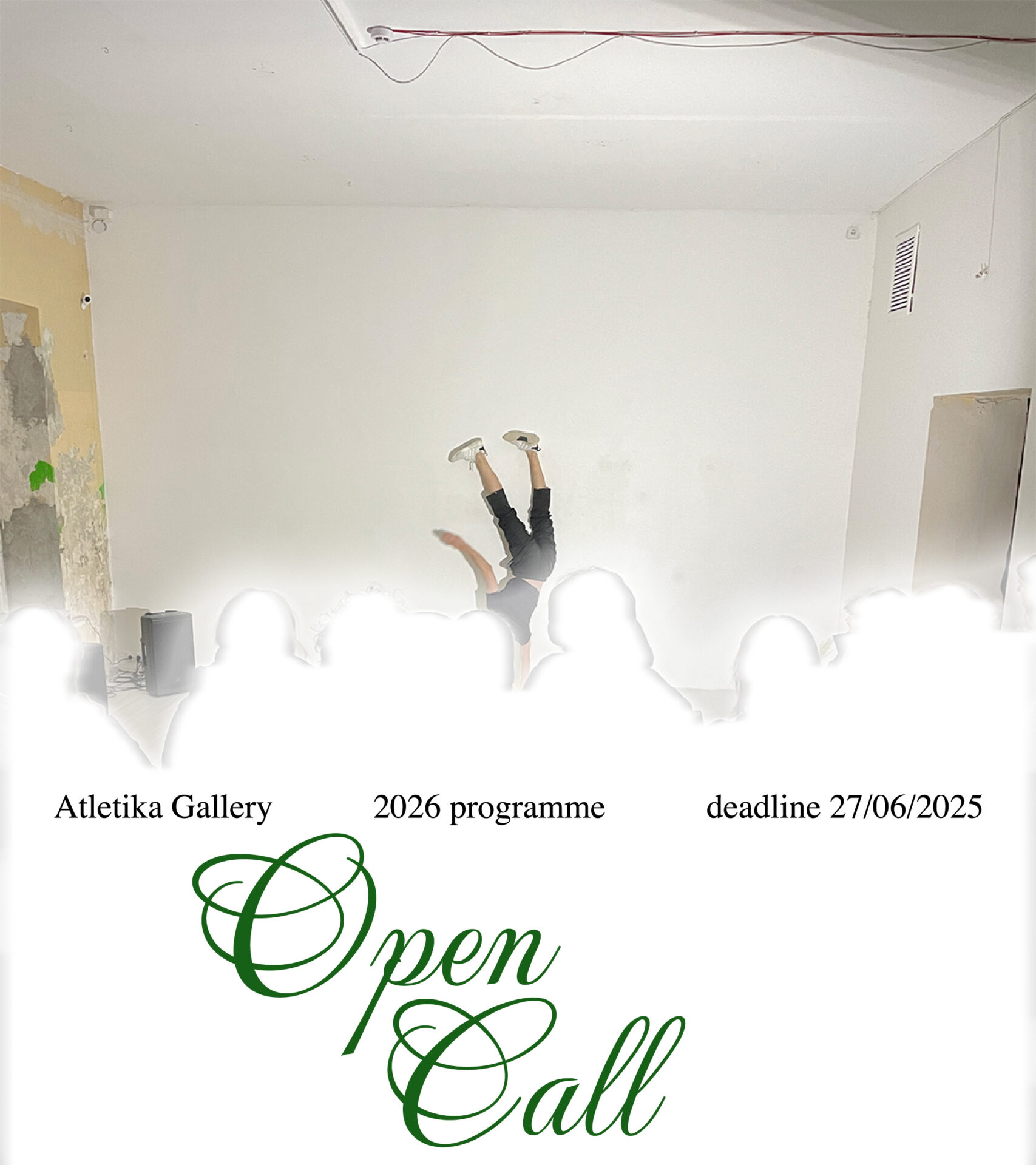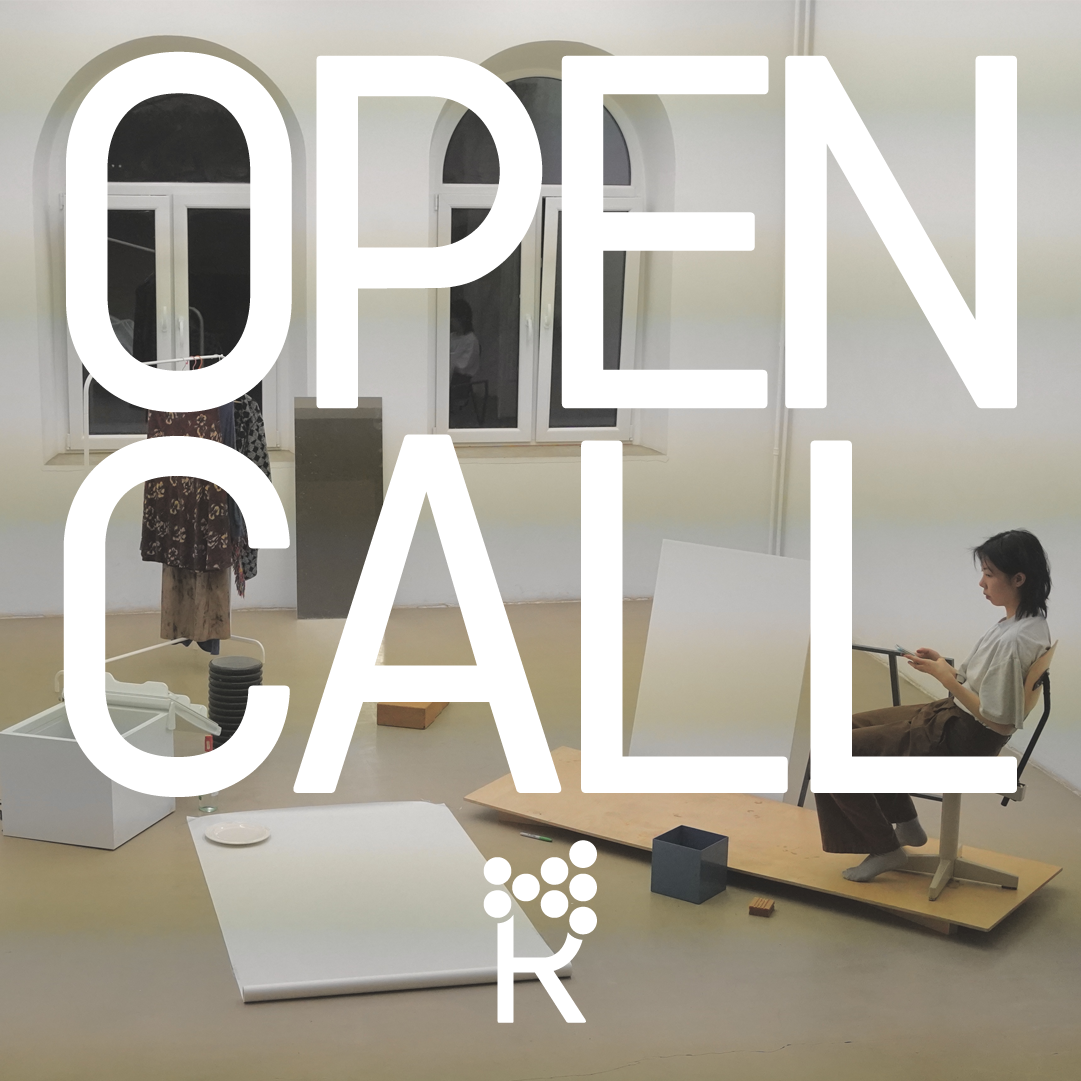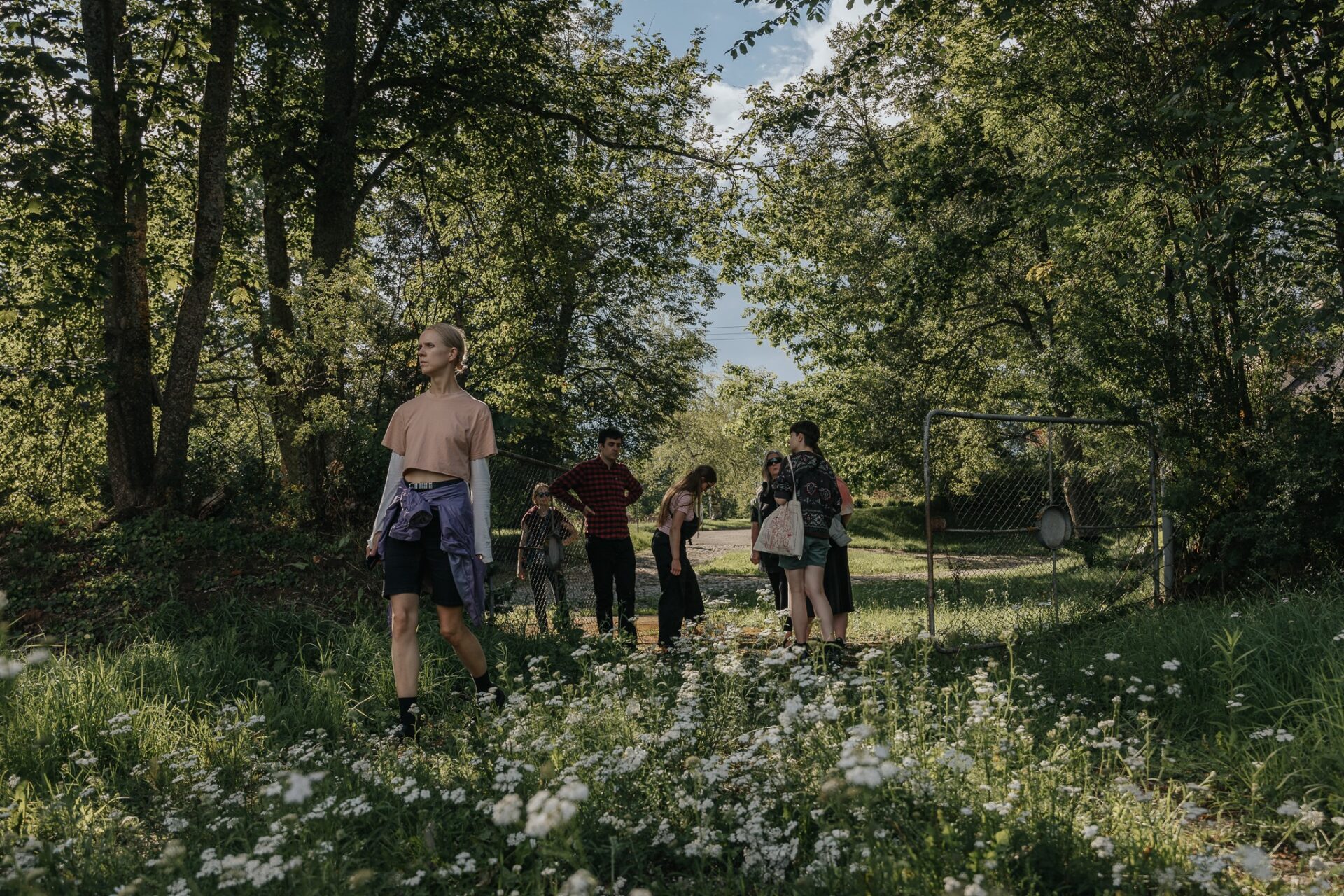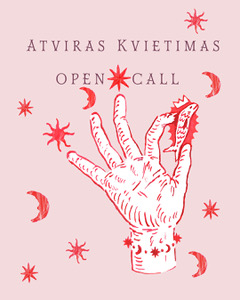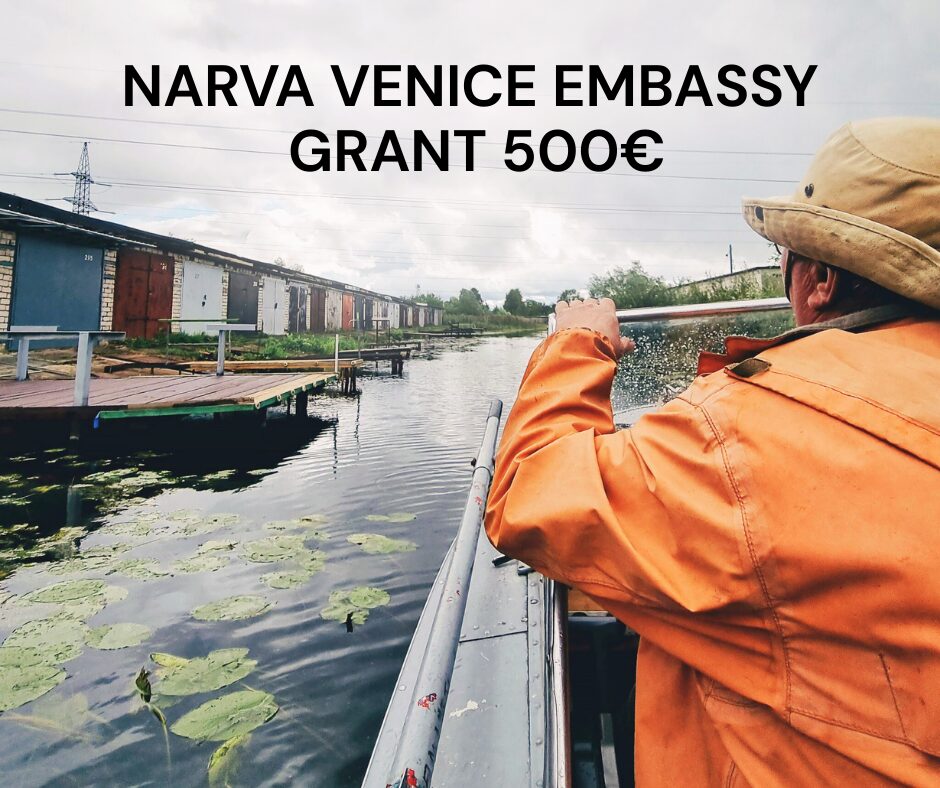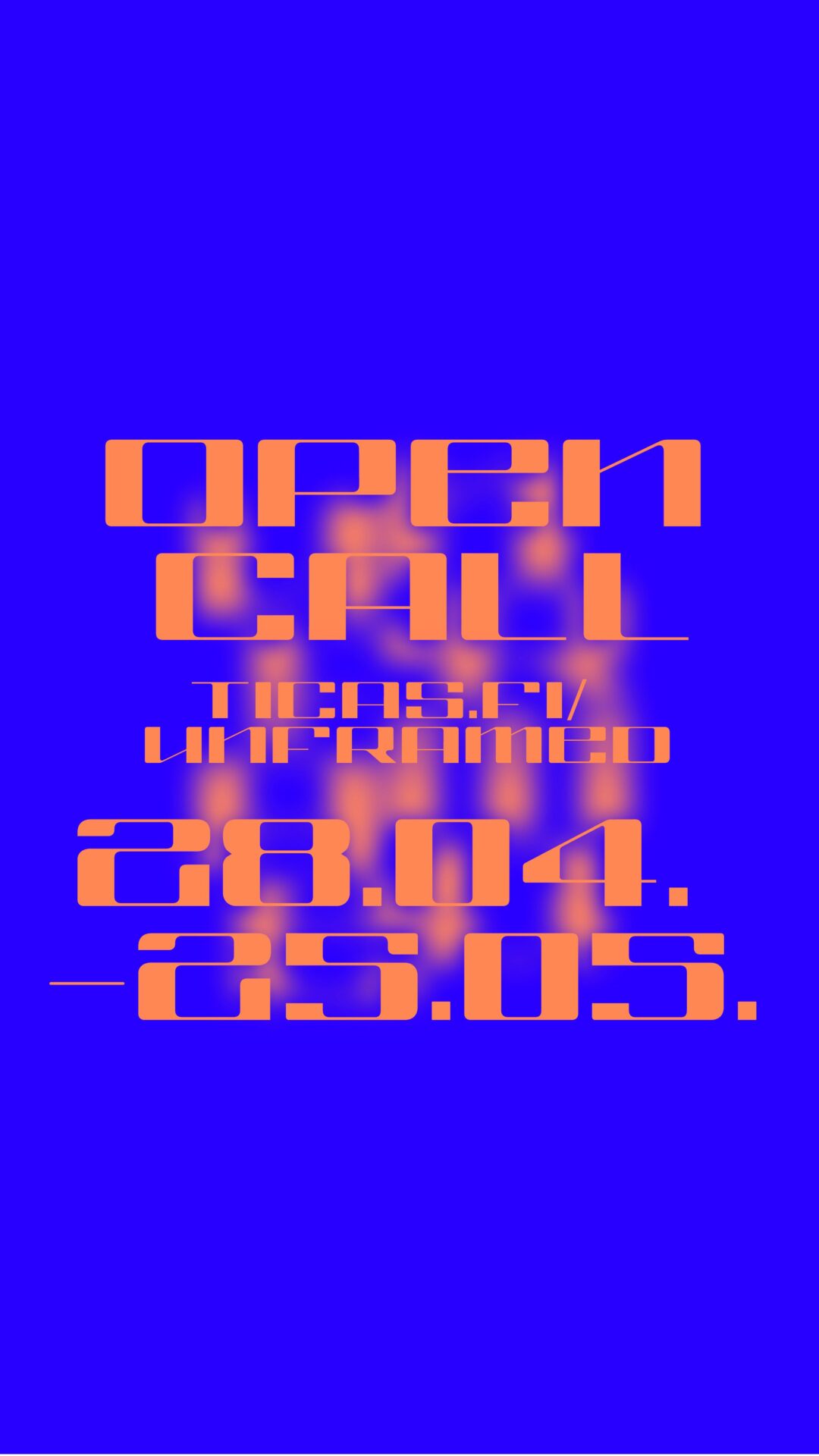For the Latvian Pavilion at the 59th International Art Exhibition – La Biennale di Venezia artists Skuja Braden will present ‘Selling Water by the River’.
Curated by Solvita Krese and Andra Silapētere, Latvian Centre for Contemporary Art (LCCA), the exhibition will see the artists move their shared living space, located in the Latvian town of Aizkraukle, to the Arsenale della biennale di Venezia. This personal recreation will endeavor to address the shifting borders between private and public space within a wider social context. The Latvian Pavilion is commissioned by Solvita Krese, LCCA.
Title: SELLING WATER BY THE RIVER
Artists: Skuja Braden (Ingūna Skuja, Melissa D. Braden)
Curators: Andra Silapētere, Solvita Krese
Commissioners: Solvita Krese, Latvian Centre for Contemporary Art
Organiser: The Ministry of Culture of the Republic of Latvia in collaboration with the Latvian Centre for Contemporary Art
Architecture: Līva Kreislere Graphic design: Rūta Jumīte Production: Kitija Vasiļjeva
Arsenale della biennale di Venezia 23 April – 27 November 2022
‘Perhaps home is not a place but simply an irrevocable condition’ (James Baldwin, Giovanni’s Room (1956)). Inspired by James Baldwin’s statement, the artist duo Skuja Braden, an international artist collaboration born in 1999, between Ingūna Skuja from Latvia and Melissa D. Braden from California, will present ‘Selling Water by the River’, a multilayered installation that maps the mental, physical, and spiritual areas of being and self within the artists’ own home. In doing so they hope to reveal the interests, ideals and affiliations of its inhabitants but also offer insight into different readings of the history of a region, to test the readiness of its current society to live up to the challenges of the present day, including the growing polarisation of opinion. In the exhibition, home thereof, is echoed by deeply personal images in porcelain, a material which the artists have mastered. Their porcelain comes to life in the form of luxuriously painted dishes, everyday objects, fountains, and bendy hoses, male and female physiques, while preserving the traces of nature. All the themes of Skuja Braden’s art and life meet here, as if in a frantic act of cosmogony.
What shapes our understanding of public and private space, and what is our role in constructing these views? How can we fashion our surroundings to be as inclusive and open as possible, so that others could feel at home there? Where disagreements and conflicts often arise is often where private and public spaces meet; a place where different values intersect. For example, the presence of the LGBTQIA+ community is still a sensitive topic in the Baltic and broader region of Eastern Europe. Although times are changing, even within these regions, that which is different from heteronormativity has often clashed with conservative worldviews linked to a nationalist discourse within the framework of a tradition of a patriarchal society.
Co-curators Solvita Krese and Andra Silapētere say, “Skuja Braden have chosen such a framework for their exhibition at the Latvian Pavilion, because of the coming-to-be of their unique selfhood and their queer self- identity and the time that they spent together at a Zen Buddhist monastery in California that has influenced it. Their confidence drawn from Buddhist teachings, when mixed with a Californian free spirit and experiences of post-socialist life into a singular mélange, helps when it comes to finding solutions in these areas of conflict both everyday situations and creative practice. Is the water different in California, where Melissa is from, to the Daugava River, the Latvian body of water on the banks of which lies Aizkraukle, a town built under the auspices of Soviet industrialization, where Ingūna grew up and where the artist duo lived and worked for many years?”
What does it mean to live with a body which is not accepted, which is instead doubted and questioned in a heteronormative world? What is the living space of this body? What does it reveal? Today, impressions of the Soviet spirit and the creative ambience of California meet inside a house in Aizkraukle town; where Zen Buddhism coexists peacefully with feminism; Skuja Braden has combined two identities and in turn created a third, a hybrid convergence of different skills, proficiencies, experiences, knowledge, and nationalities. This third body has no borders. Like a river, it changes, interacts, flows, and reacts to everyday phenomena, seeking ways of facilitating and perfecting different forms of human existence.
